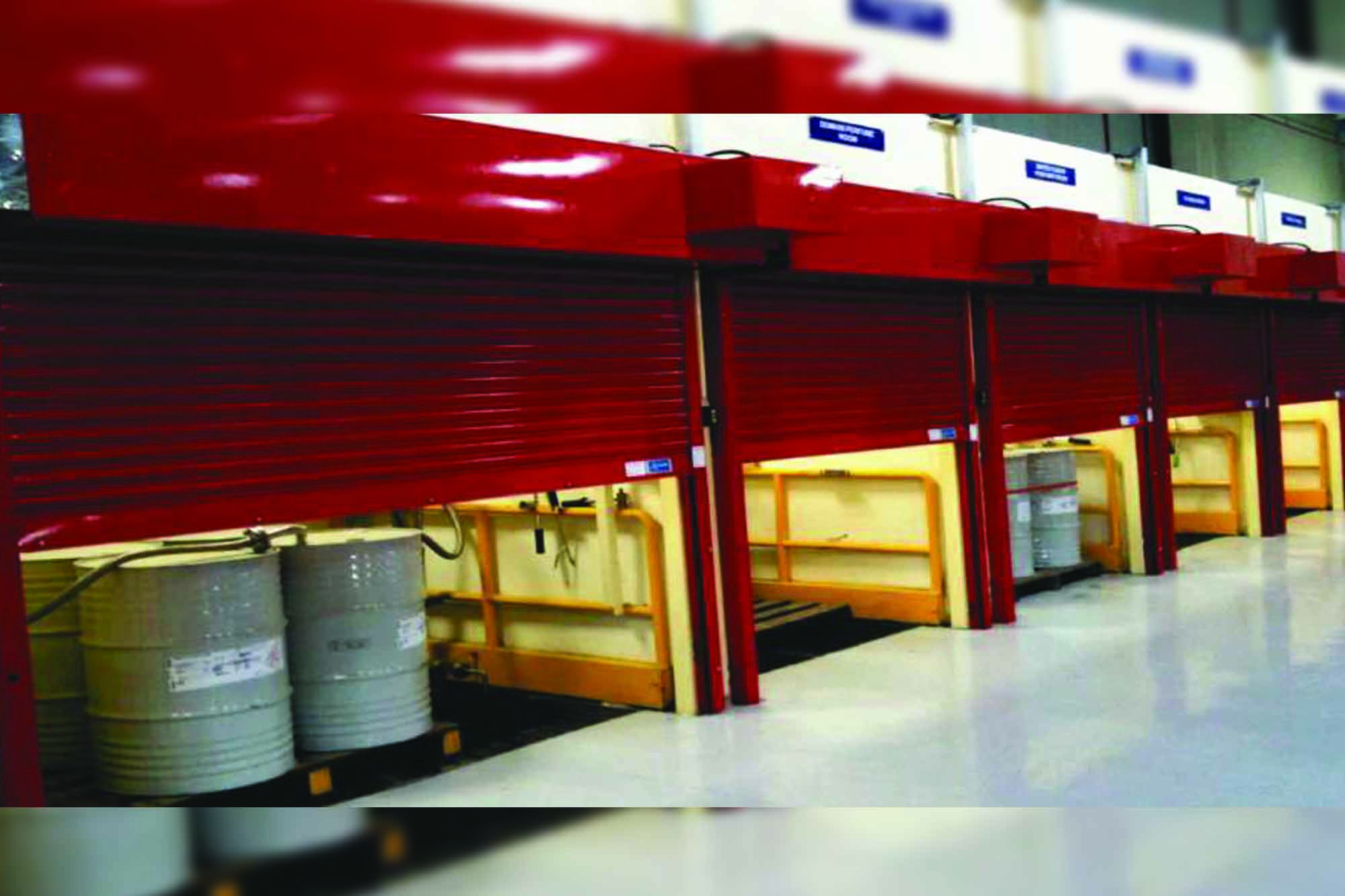Diesel fuel services for mining and construction equipment
By Edit Team | October 31, 2017 12:50 pm SHARE

Diesel fuel services improve the operating conditions of all diesel driven machines involved in mining and construction and reduce maintenance and operating costs.
Diesel is the fuel required for use in Compression Ignition Engines. Diesel fuel is predominantly produced in the refineries by refining petroleum crude. It is therefore sometimes also called as “Petroleum Diesel”. Besides Petroleum Diesel, there also exist bio-diesel and synthetic diesel, both of which are not yet very popular in India.
Diesel fuel produced in the refineries is usually stored in large tanks before being transported to the various locations by ships, pipeline, tank trucks or rail tank wagons. These shipments of diesel fuel are then received at the oil company terminals, where again they are stored in large capacity tanks. From these storage locations, the diesel is finally transported to the customer fuel tank, from which the fuel is filled into the fuel tank of the end-use application machine.
Since diesel fuel is transported by several modes and also stored at various locations, it tends to get contaminated both during transportation and storage. This is an unavoidable phenomenon and the only sensible solution is the filtration of the diesel fuel at the premises of the end-user.
In industries such as mining and construction, contamination of the diesel fuel is further aggravated by the dusty environment. Data generated over the years by testing the cleanliness of the incoming diesel at various mining sites in India shows that the fuel is usually contaminated with dust and dirt particles and often has a NAS value exceeding 13. The desired cleanliness of diesel fuel in a modern diesel engine is at NAS-5 level. Leading diesel OEMs stipulate that the ideal cleanliness level for the fuel is NAS-5 and also warn the engine users that beyond a cleanliness level of NAS-7, the contaminants in the diesel fuel are likely to damage the parts of the Fuel Injection System and also the engine.
Improving the NAS (cleanliness) value of the incoming diesel from 13 to about 5 ideally by filtration is quite critical for maintaining the performance and durability of modern diesel engines. This reduces the cost of mechanical maintenance for the Fuel Injection System, as well as engine parts, besides offering significant savings in operating costs arising from good mechanical performance and thermal efficiency of the engine. In order to realise these savings, it is essential to clean the incoming diesel fuel to a NAS value between 5 and 7, and this is clean diesel.
Today Indian refineries predominantly produce diesel fuel to meet the requirement of Euro IV (Bharat Stage IV), which is 50 ppm Sulphur max. Still a small part of the country is on the Euro III (Bharat Stage III) regime with 350 ppm Sulphur max. The Government of India announced on January 6, 2016 that the entire country will be on Euro IV (Bharat Stage IV) by April 1, 2017. Also, by an announcement made by the Minister of Surface Transport on January 6, 2016 and further notified by the Government of India in Gazette Notification dated February 22, 2016, it has been decided to skip Euro V altogether and migrate to Euro VI (Bharat Stage VI) with 10 ppm Sulphur Max by April 1, 2020.
It is the Sulphur content in diesel fuel that provides its inherent lubricity which is required to keep the wear of the intricate internal parts of the Fuel Injection system under check. With the drastic reduction of Sulphur in diesel fuel caused by the progressive legislation on engine exhaust emissions which have the control of Particulate Matter as the main objective, the lubricity of the diesel fuel also tends to reduce. This progressive reduction of Fuel Sulphur, although is highly beneficial for the control of Diesel Particulate Matter such as RSPM (Respirable Suspended Particulate Matter), unfortunately tends to severely affect the wear of the Fuel Injection System and the engine. Thus the need for supplementing the lubricity properties of the Diesel fuel by doping it with a Lubricity Improver additive becomes quite important.
The other major issue is Cetane Number. We are now almost completely on Euro IV (Bharat Stage IV) and the Indian refineries are now producing Euro IV (Bharat Stage IV) quality diesel fuel with a Cetane Number of 51 Min, which roughly corresponds to a Cetane Index of 46. The same Cetane Number will be maintained when India migrates to Euro VI on April 1, 2020. Although a Cetane No of 51 is quite consistent with the Compression Ratios being employed in modern diesel engines. It is, however, possible to look for further gains in fuel economy by improving the Cetane Number from the existing 51 to a range of 55 to 60.
The process of cleaning the diesel fuel by filtering out dirt and dust particles and the total removal of suspended water, followed by treating the cleaned fuel with both Lubricity Improver and Cetane Improver additives in recommended dosage levels, is sure to improve the operating conditions of all diesel driven machines involved in mining and construction and greatly reduce both maintenance costs and operating costs.
Authored by:
K.B. Mathur, Director
Global Technical Services
B-234, Oshiwara Industrial Centre
Goregaon West, Mumbai 400104
Mob: +91-9820450780, 9967050780
Tele: +91-22-28779832
Email: kbmathur@gtsindia.com
Cookie Consent
We use cookies to personalize your experience. By continuing to visit this website you agree to our Terms & Conditions, Privacy Policy and Cookie Policy.




































































